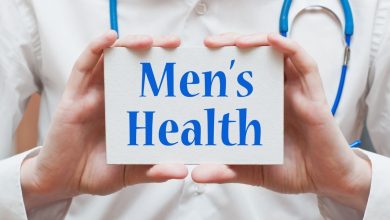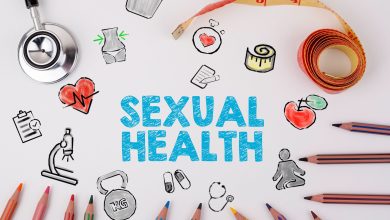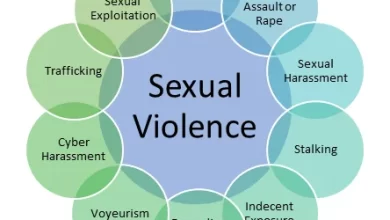Sexual and Reproductive Health and Rights (SRHR)
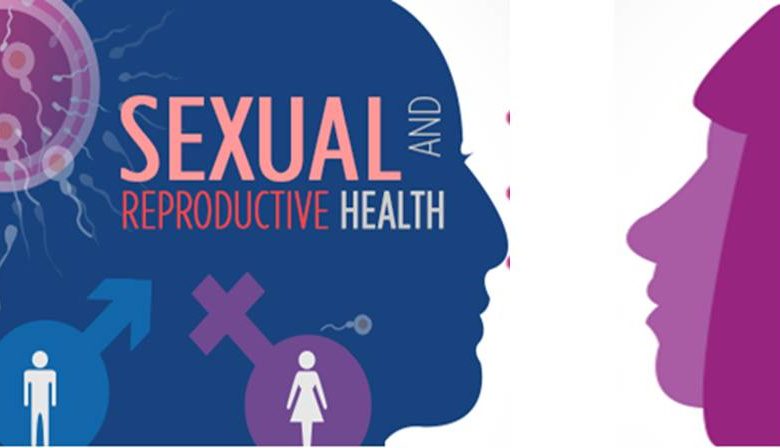
Introduction:
Sexual and reproductive health and rights (SRHR) are critical to health and well-being, gender equality, democracy, peace and security, and sustainable development. SRHR is based on the right and ability of all people to make decisions about their bodies and to live healthy and productive lives. This summary provides an overview of SRHR from Sida’s perspective. The target group is Sida employees, but it can also be useful for partners.
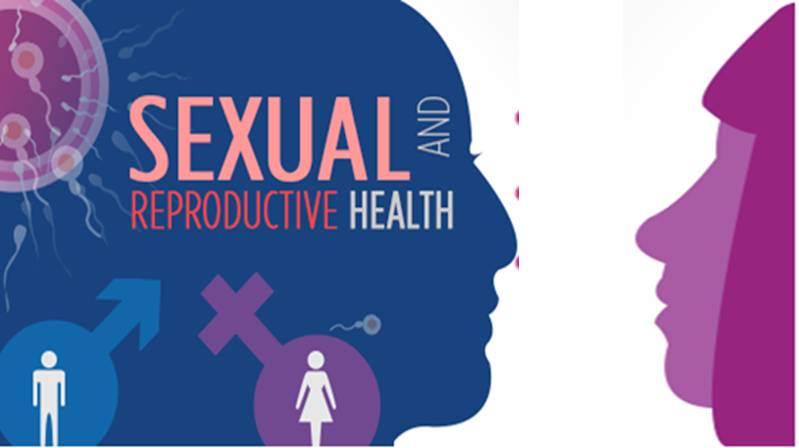
What is sexual and reproductive health?
The term “sexual and reproductive health” can be defined as the human right to a healthy body. autonomy, education and health care to freely decide with whom to have sex; and information and health products to prevent sexually transmitted infections or unwanted pregnancies. Sexual health is an integral part of general health and well-being, ensuring that people have a pleasurable and safe sexual experience without coercion, discrimination or health risks.
Access to sexual and reproductive health services enables people to exercise this right. Sexual and reproductive health care can be medical care related to the reproductive system, such as treatment for sexually transmitted infections, or services that support reproductive choices, including contraception and abortion care.
Support sexual and reproductive health through contraception
Access to contraception is an important part of sexual and reproductive health. Contraception gives people autonomy over their reproductive health and they can decide if and when they want to get pregnant.
By offering a variety of contraceptive methods, sexual and reproductive health care providers empower people to make informed decisions about their future fertility. By choosing, for example, an IUD, a woman can prevent pregnancy for up to 12 years, or by choosing a barrier method, such as a condom, she can prevent pregnancy and protect against sexually transmitted diseases for a shorter period of time.
The ability to choose whether or when to become pregnant can have far-reaching effects on a person’s ability to make other life decisions. Reproductive choice allows people to determine their own future, such as continuing their education or pursuing a career.
But not everyone who wants birth control can use it. Currently, 257 million people in low- and middle-income countries have unmet needs for contraception. This lack of access has devastating effects on lives and futures.
Up to 4 million girls in sub-Saharan Africa drop out of school because of teenage pregnancy, according to MSI analysis. Universal access to contraception not only improves people’s sexual and reproductive health, but can also help reverse one of the persistent causes of inequality: girls’ lack of education.
Examples of violations
Despite these obligations, women’s Sexual and Reproductive Health and Rights (SRHR) are often violated. They take many forms, including:
- preventing access to services that only women need
- low-quality services
- access to women’s services with third-party permission
- forced sterilization, forced virginity testing and forced abortion without women’s prior consent
- female genital mutilation (FGM)
- almost marriage
Causes and consequences of violations of Sexual and Reproductive Health and Rights (SRHR)
Violations of women’s Sexual and Reproductive Health and Rights (SRHR) often stem from deep-rooted beliefs and social values related to women’s sexuality. Patriarchal notions of women’s roles in the family mean that women are often valued according to their reproductive capacity. Early marriage and pregnancy or repeated pregnancies that occur too close together – often the result of efforts to produce male offspring due to a preference for boys – destroy women’s health, sometimes with fatal consequences. Women are also often accused of infertility, abandonment and, as a result, various human rights violations.
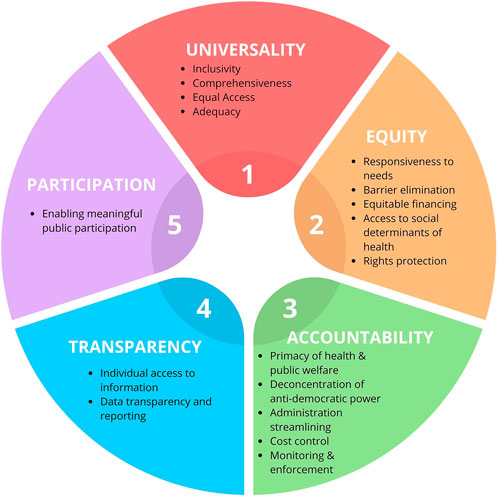
Relevant human rights standards
CEDAW guarantees the equal rights of women “to determine the number and spacing of their children and to have access to information, education and the means to exercise these rights”.
Women’s access to education is guaranteed by CEDAW. This includes “access to specialized educational information to support the health and well-being of families, including information and advice on family planning.”
The Beijing Platform for Action says that “women’s human rights include: They include the following rights : “You can monitor and make fair and effective decisions about matters related to sexuality, including civil health and family members, without restrictions, discrimination or violence.”
Human rights standards in this area are summarized in the OHCHR Briefing Series on Sexual and Reproductive Health and Rights.
Why is sexual and reproductive health important?
Sexual and reproductive health is important because it is an important part of a person’s health and well-being. Self-determination in reproductive and women’s decisions is also a human right based on the right to health, the right to be free from violence and the right to decide whether or not to become pregnant. or.
If the needs and rights because sexual health and reproductive health are not met, or if people are not able to control their body and their future, then without the right to choose, it affects the life of their family and future generations. Gender and reproductive health are also inseparable from gender equality, as many face health and financial challenges due to lack of access to services such as childbirth care and abortion.
Instruction and regenerative choice
By empowering young ladies to remain in school, sexual and regenerative wellbeing and rights contains a vital part to play in progressing sexual orientation equality.
Evidence appears that by supporting young ladies to get to an instruction, ready to diminish disparity and break cycles of destitution. Each extra year of instruction can increment a woman’s profit by up to 20%, which would contribute to closing the sex pay crevice and may boost worldwide GDP by $28 trillion.
But right now, millions of young ladies are out of school. Inquire about from the Populace Chamber across six Sub-Saharan African nations found that about all youthful young ladies who have ever been pregnant are not in school, with 1 in 4 young ladies in Malawi dropping out of school for this reason.
The evidence clearly appears that instruction and regenerative choice are connected. By supporting adolescents’ sexual and regenerative wellbeing and rights, we are able offer assistance young ladies to remain in school, total their instruction, and contribute to a more attractive world for all.
How does MSI support Sexual and Reproductive Health and Rights (SRHR)?
MSI Regenerative Choices has been giving sexual and regenerative healthcare administrations for over 45 a long time. Our 9,000 group individuals work over 37 nations giving contraception, comprehensive fetus removal care, and maternal healthcare administrations wherever they’re required – from major cities to rustic, hard-to-reach villages.
We are glad of the affect we have made so distant, coming to 182 million ladies around the world since 1976. But we know our work is distant from done. We’re working to convey on a strong, but straightforward, vision that by 2030, no premature birth will be hazardous and each person who needs get to to contraception will have it.
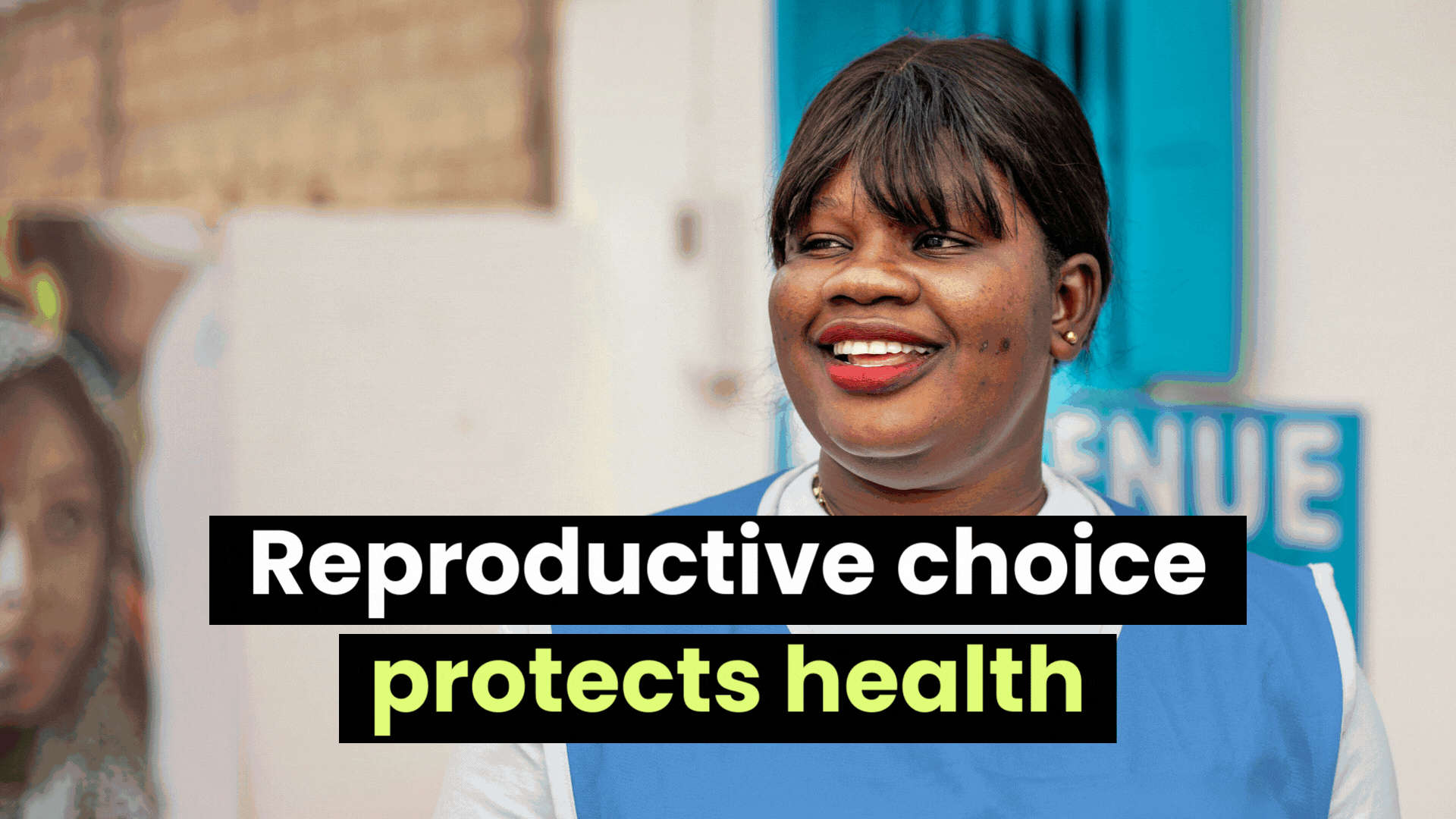
Conclusion:
Sexual and Reproductive Health and Rights (SRHR) are an basic portion of all inclusive wellbeing scope (UHC). Nations moving towards UHC got to consider how the SRHR needs of their populace are met all through the life course, from earliest stages and childhood through youth and into adulthood and ancient age.
What is the SRHR of Sexual and Reproductive Health and Rights (SRHR)?
Sexual and regenerative wellbeing and rights, are principal human rights that are related to sexuality and propagation. These rights permit individuals to form educated and significant choices almost their claim sexual prosperity, such as their sexual introduction, connections, sexual movement, family arranging or their bodies.
What are the rights of SRHR?
Sexual and Reproductive Health and Rights (SRHR) to regenerative and sexual wellbeing incorporate the proper to life, freedom and the security of the individual; the correct to health care and data; and the correct to non-discrimination within the allotment of assets to wellbeing administrations and in their accessibility and accessibility.

